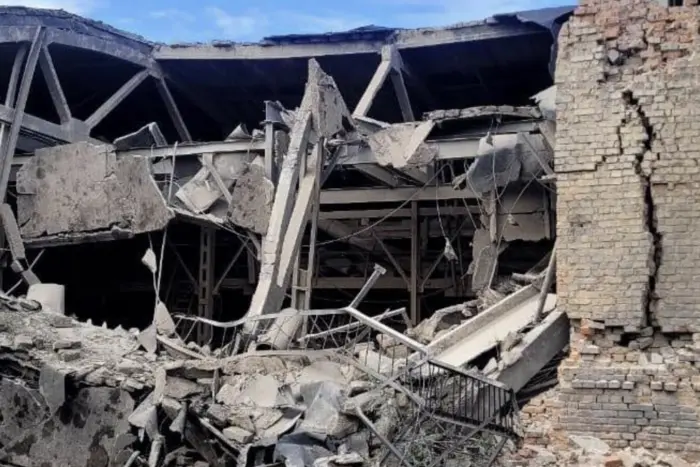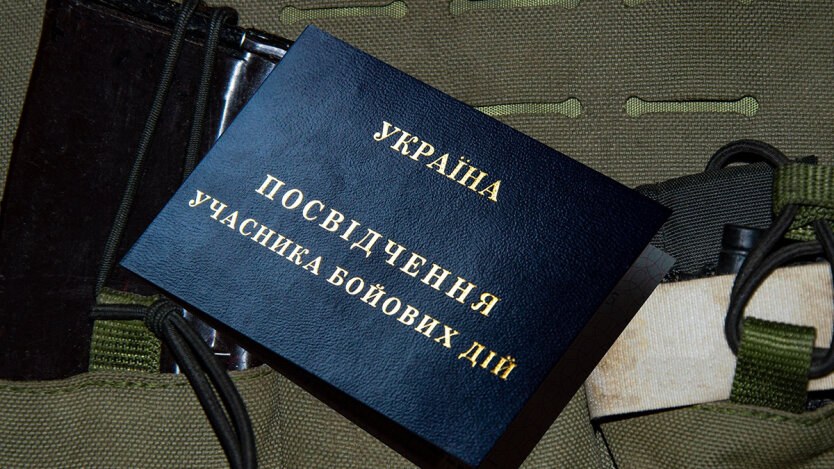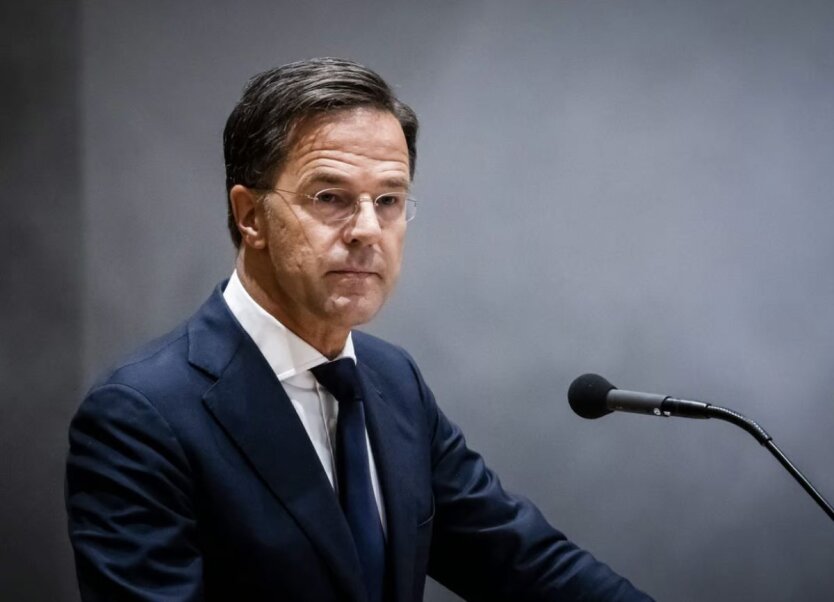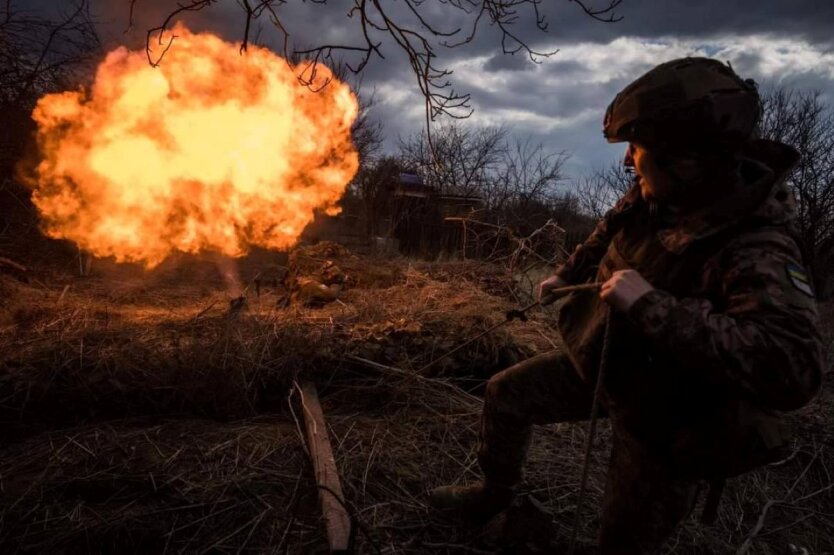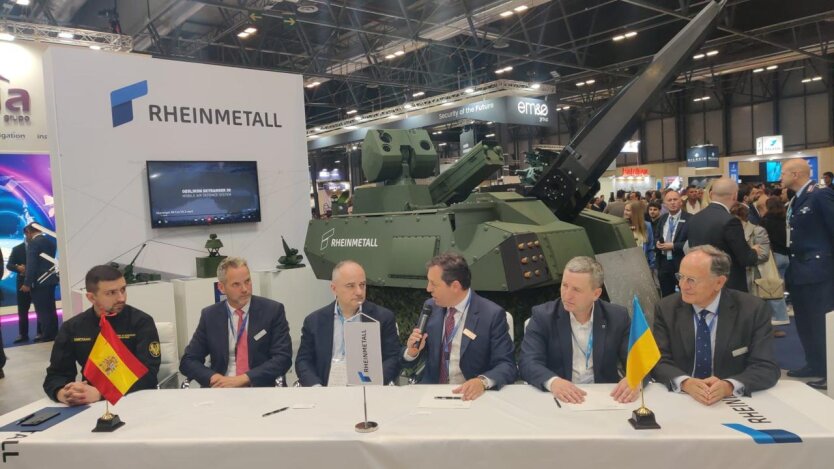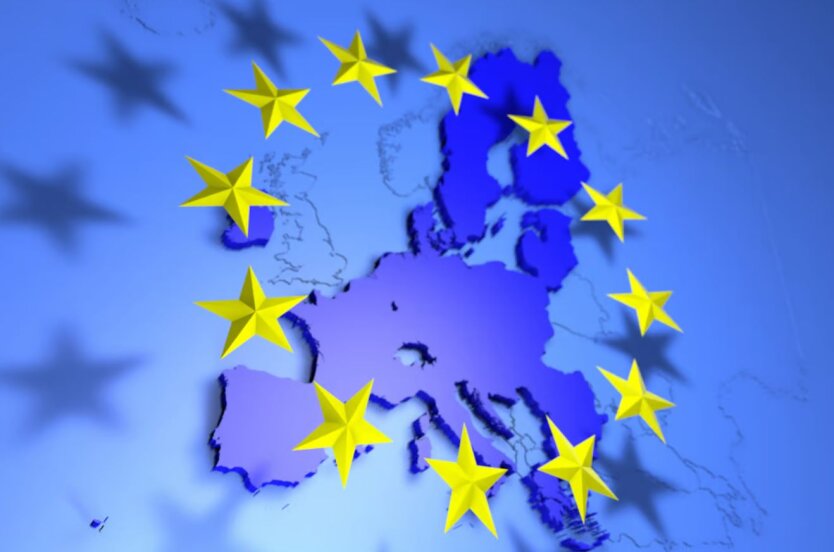EU countries demand greater transparency on Russian gas imports.

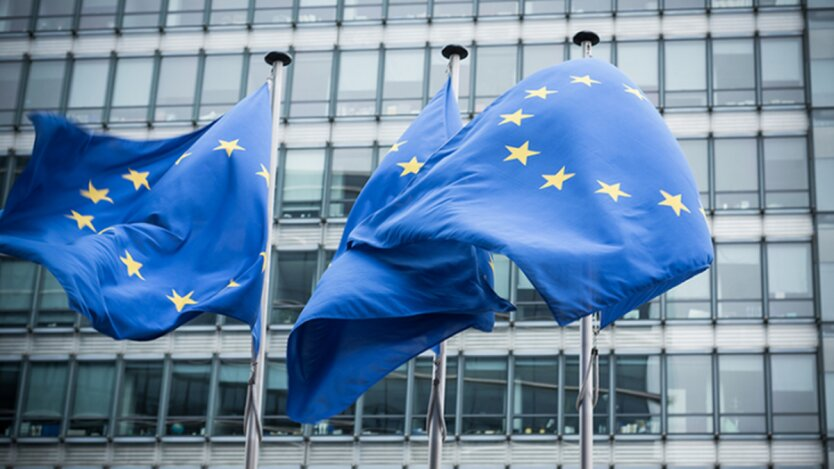
A group of EU countries, including France and the Baltic states, is asking the European Commission to strengthen reporting rules on the import of Russian liquefied natural gas (LNG).
In June, the EU adopted the 14th package of sanctions, which included a ban on the transshipment of Russian liquefied natural gas (LNG) in its port zones. However, the import of Russian LNG to the EU was not banned, and some countries are still receiving Russian natural gas through Ukraine and Turkey.
Recently, imports of Russian LNG to Belgium and the Netherlands increased, as most transshipments previously took place there. Belgium demands stricter measures on this issue.
"We believe it is important to ensure full transparency regarding the import of Russian natural gas and to shed light on the identities of natural gas suppliers who import Russian LNG," the document states.
The countries also want the commission to strengthen "reporting obligations on the unloading operations of Russian LNG," as public data does not provide "a complete picture."
The sanctions package has a transition period until March, and EU members want the commission to propose stricter reporting rules by then. Specifically, they demand that LNG storage operators provide information on the share of Russian LNG in transshipped cargoes and monitor the origin of the LNG.
The document was signed by Lithuania, Austria, the Czech Republic, Finland, Estonia, Latvia, Luxembourg, and Sweden.
Read also
- A Day of Mourning Declared in Sumy After Russian Strike
- The Ministry of Defense explained whether foreigners or stateless persons can obtain combatant status in the Armed Forces of Ukraine
- Trump demands 5% of GDP for defense: how NATO plans to meet this unprecedented requirement
- Russians are trying to establish fire control over logistics routes in Zaporizhzhia
- Strategic Partnership: Ukroboronprom and Rheinmetall Expand Arms Production in Ukraine
- Around 200 vessels and dozens of companies: EU tightens the sanctions loop around Russia

